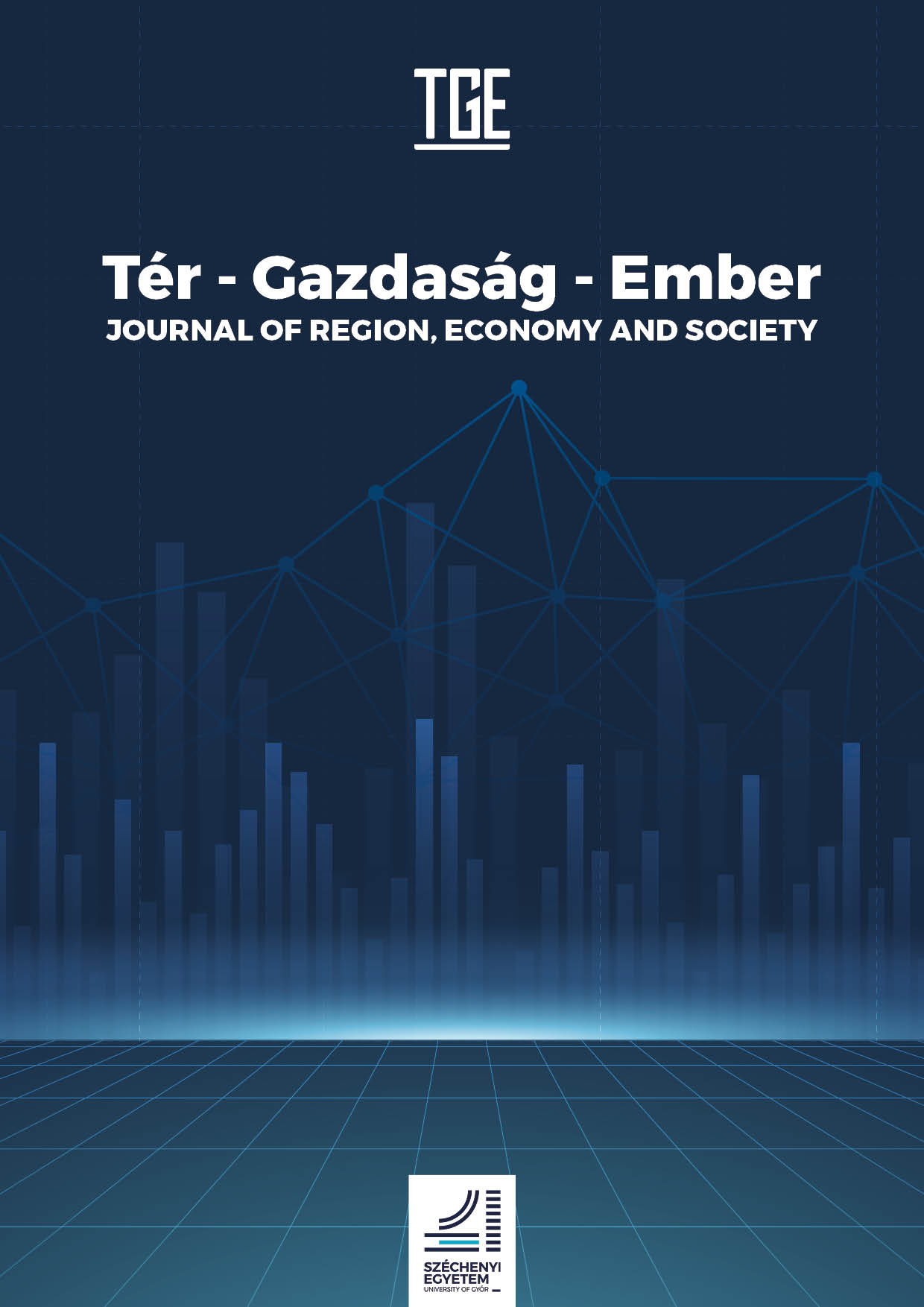Challenges and Opportunities of AI in Market Research: Virtual Interviewers
DOI:
https://doi.org/10.14513/tge-jres.00413Keywords:
artificial intelligence, market research, responsiveness, surveyAbstract
Purpose – This study explores the integration of artificial intelligence (AI) into marketing research, focusing specifically on the acceptance and perceptions of AI-based virtual interviewers. It examines respondents’ willingness to engage with AI-driven survey tools, analyzing perceived advantages and concerns, while identifying key demographic and attitudinal drivers influencing acceptance.
Design/methodology/approach – A representative survey of 1,077 adult respondents in Hungary was conducted using the Computer-Assisted Telephone Interviewing (CATI) method. The sample was weighted by gender, age, education, settlement type, and region. Statistical analyses included z-tests, ANOVA, factor analysis, and cluster analysis to assess demographic and experiential factors influencing AI perceptions and to segment respondents into attitude-based clusters.
Findings – The Hungarian population shows general hesitance toward AI-based interviewers. While 46% of AI adopters expressed willingness to engage with a virtual interviewer, only 11% of AI rejecters reported the same. Experience with AI tools, such as chatbots or virtual assistants, significantly increases openness. Two factors influenced willingness to respond: perceived benefits (e.g., speed, curiosity) and perceived risks (e.g., job loss, data privacy). Cluster analysis identified three segments: Open Sceptics, Technology Sceptics, and Technology Friends, differentiated by age, gender, technological experience, and attitudes toward AI.
Originality – This is one of the early empirical studies investigating public acceptance of AI-based virtual interviewers in the context of marketing research. It provides actionable insights for researchers and practitioners into how technological experience, demographic factors, and emotional responses influence acceptance. The study also offers practical recommendations for implementing hybrid survey models and segment-specific communication strategies to foster greater engagement with AI-driven research tools.
Downloads
Published
Issue
Section
License
Copyright (c) 2025 Györgyi Danó, Stefan Kovács, Vivien Surman (Author)

This work is licensed under a Creative Commons Attribution-NonCommercial 4.0 International License.


